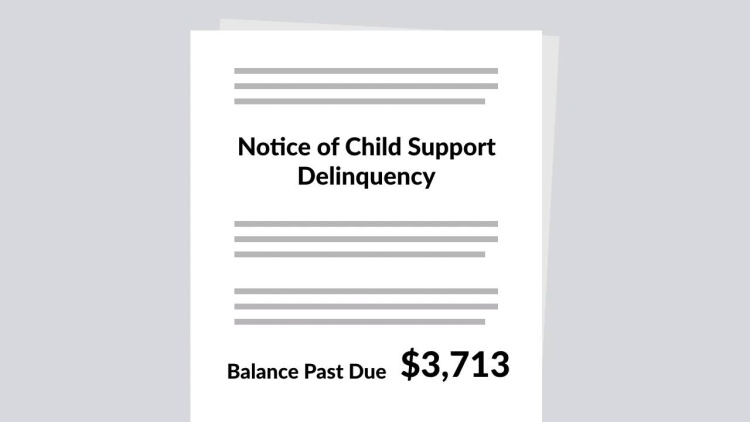Zablocki v. Redhail
United States Supreme Court
434 U.S. 374 (1978)
- Written by Megan Petersen, JD
Facts
A Wisconsin statute prevented members of a certain class of residents from marrying without first obtaining a court order granting them permission to marry. This class was defined by the statute to include any Wisconsin resident required by court order or judgment to pay child support to a minor who was not in his custody. A court order granting permission to marry could be obtained if a member of this class submitted proof of compliance with his or her support obligation and, in addition, demonstrated that the children covered by the support order were not then or not likely to later become public charges. Redhail (plaintiff), a Wisconsin resident, fathered a child out of wedlock in high school. A paternity action was instituted against him in 1972. Redhail appeared in court and admitted to fathering a baby girl. The court entered an order requiring him to pay monthly child support until the girl reached age 18. For the next two years, Redhail was unemployed and indigent and was unable to make any child-support payments. In 1974, he filed an application for a marriage license with Zablocki (defendant), the county clerk of Milwaukee County. Redhail’s application was denied on the grounds that he had not obtained a court order granting him permission to marry. It was stipulated that even if he had applied for such a court order, it would have been denied because Redhail was unable to make child support payments and his daughter was already considered a public charge. Redhail brought suit against Zablocki in federal district court on the grounds that the Wisconsin statute violated the Equal Protection Clause of the Fourteenth Amendment. The district court ruled for Redhail, and Zablocki appealed to the United States Supreme Court.
Rule of Law
Issue
Holding and Reasoning (Marshall, J.)
Concurrence (Powell, J.)
Concurrence (Stewart, J.)
Concurrence (Stevens, J.)
Dissent (Rehnquist, J.)
What to do next…
Here's why 911,000 law students have relied on our case briefs:
- Written by law professors and practitioners, not other law students. 47,100 briefs, keyed to 997 casebooks. Top-notch customer support.
- The right amount of information, includes the facts, issues, rule of law, holding and reasoning, and any concurrences and dissents.
- Access in your classes, works on your mobile and tablet. Massive library of related video lessons and high quality multiple-choice questions.
- Easy to use, uniform format for every case brief. Written in plain English, not in legalese. Our briefs summarize and simplify; they don’t just repeat the court’s language.





